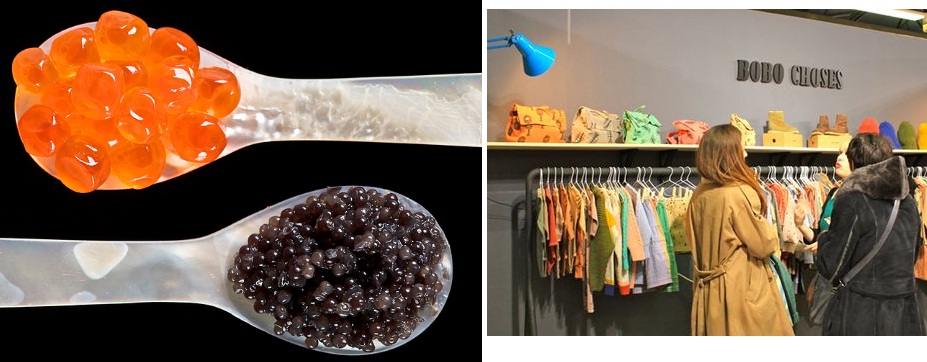As migrants flood into France from former French colonies and elsewhere, French parents do not want their children in “mixed” schools in the area because they believe the education is substandard.
Schools in such areas have become known as “ghetto schools” and many French “bobos” now attempt to move their children elsewhere, French newspaper Libération reported. “Bobos” are educated, left-wing wealthy white French citizens who dominate central and eastern parts of Paris and support the pro-immigration Socialist mayor of the city, Anne Hiladgo.
The term is short for bourgeois and bohemian, two social castes no one ever expected to find mixed up together. It took over from the old Mitterrand-era label “gauche caviar”.
It is broadly similar to the English “Champagne socialist”, the American “Limousine liberal” or “latte liberal”, the German Salonkommunist, or the Danish Kystbanesocialist, referring to well-off coastal neighbourhoods north of Copenhagen.
Libération, a leftwing daily in France, conducted an investigation into the issue, discovering that leftist parents do not want to “sacrifice” their child to their beliefs and many parents are putting the success of their children above their lofty multicultural ideals.
As Julien Grenet, a teacher at the Paris School of Economics, noted: “You cannot blame them for saying no. What is shocking is that some parents, very intellectually armed, are blind and deny segregation with false arguments.”
Grenet took part in the multisector project set up last September in Paris to break some school ghettos. “Nursery schools are still very mixed, Grenet. But every year, the numbers of whites shrink in the fierce struggle to obtain the best places.
France’s economic woes has caused parents to become increasingly obsessed with getting their children into preferred schools. Grenet predicts that the segregation of schools along cultural and ethnic lines is unlikely to change. “We have reached such a gap between some schools, it is difficult to go back and reintroduce the mixture,” he explained.
The northern Paris districts, of which the 18th arrondissement is a part, have witnessed a radical shift in culture as the social problems associated with migrants such as car-burning, drugs and riots from the banlieues or suburbs have spilled over into the city.
The daily noted: “At dinners with friends, in families and within the couple, the discussions are strained. Then there is this sentence that summarizes everything: ‘The social mix will not happen on the back of my daughter!’ A cry of despair that the philosopher Patrick Savidan understands well: “Because they did not take seriously the problem of coeducation at school, the state puts parents on notice to choose between their child and solidarity.”
In September last year, a report published in Libération, exposed how parents cheat with the school map to keep their children away from “ghetto schools”.
Parents remain deeply conflicted between the statement: “I think it is important that everyone agrees to fight against inequalities” and “I prefer to guarantee that my child gets a good education.”
Most have chosen the latter: my child is worth more than my principles. Others try to square the circle and plead a particular case. “The youngest is too fragile. The big one showed a sudden passion for the tuba … and the famous college proposes a wind instrument option.”
Philippe Darriulat, assistant for school affairs at the town hall of the eighteenth district is constantly confronted with the problem. Between the chic Avenue Junot and the social difficulties of Montmartre, the arrondissement is undoubtedly, in Paris, the one where the big gap is the greatest.
As a result, any modification, even marginal, of the school map becomes almost traumatic to parents the daily noted. “When I wanted to send 30 rather well-off students across the boulevard Barbès because their establishment was full, it was a huge commotion accompanied by judicial threats. The parents finally alerted the press, and there, they discovered a boomerang effect. They understood that their fight was not so consensual …”
Savidan, who dedicated a book to these “terrible choices”, said: “In philosophy, since antiquity, it is a weakness of the will. Acting contrary to what we know to be the best. It’s not really immoral, not really irrational, it’s the result of a contradictory injunction. It would be too easy to say that parents are hypocrites. The important question is: why?”
According to geographer Michel Lussault, former President of the Higher Council of Programs, “The lack of mixed institutions is not due, initially, to parents, but the strategies of the state. By their strategy of flight, parents have only accentuated the movement … The problem is that these individual choices have, in turn, produced a collective situation.”
He added: “School is considered the last insurance against the disappointments of professional life. A tool for maintaining social status.”

You need to be a member of 12160 Social Network to add comments!
Join 12160 Social Network